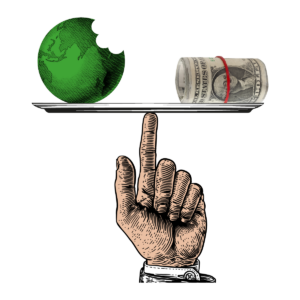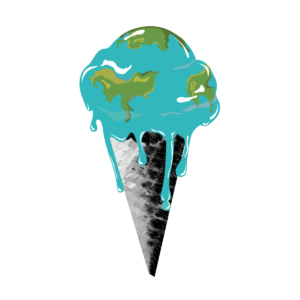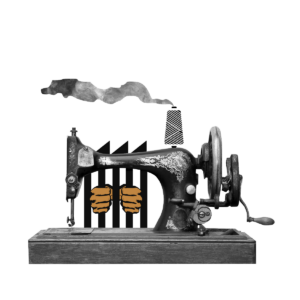Advocating supply chain transparency
Many of the problems facing people in the Global South are influenced by the practices and policies of multinational corporations.
Together with trade unions and other civil society organisations, SOMO is working for the promotion and protection of the rights of workers, communities, and individuals along all stages of corporate supply chains.
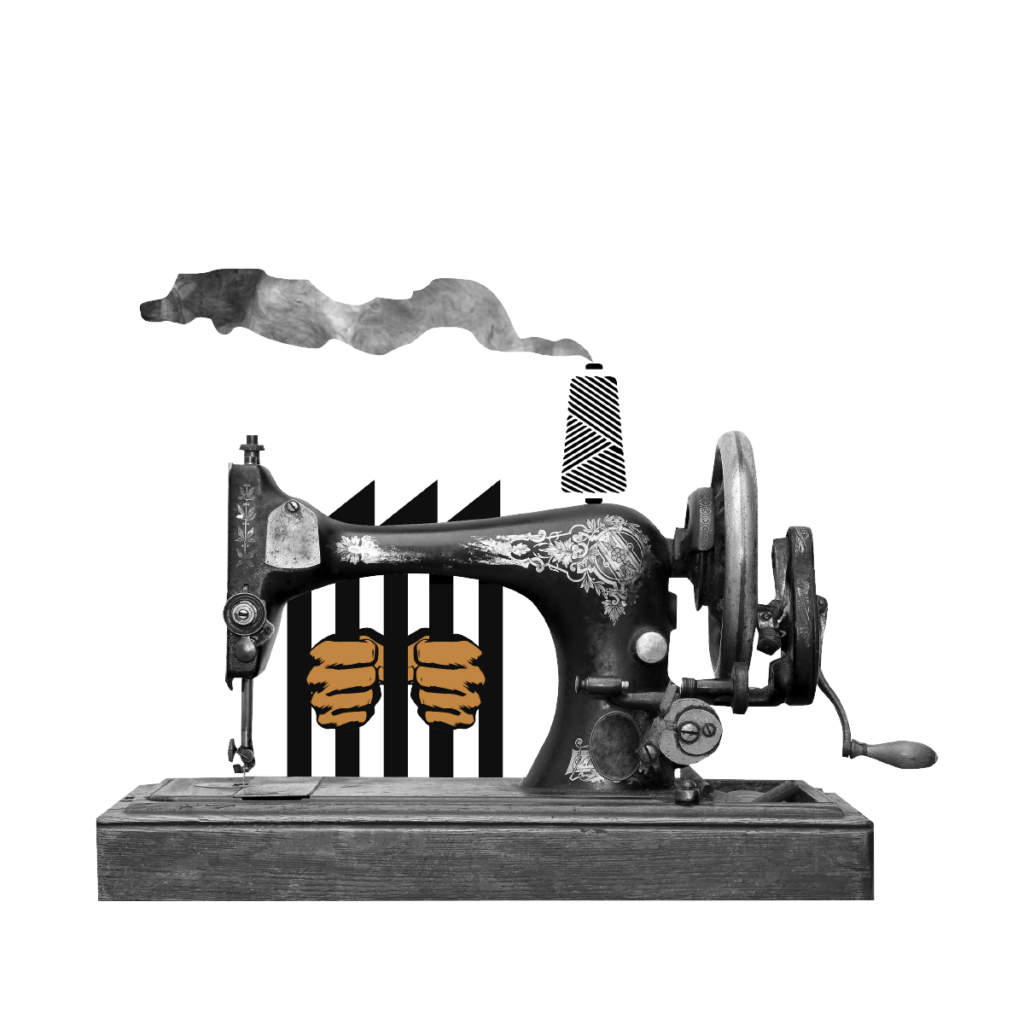
International supply chains are riddled with human rights violations, land grabs, deforestation, pollution, and adverse biodiversity and climate impacts. This can be seen in the garment, electronics and food sectors SOMO has worked on extensively.
We are pushing for regulation, policies, and practices that ensure decent work and promote sustainable production – including legally enforceable corporate accountability mechanisms and a leading role for workers in monitoring and improving workplace conditions.
Highlighted Publications
-
State of play and roadmap concepts: electronics sector Published on:
 Alejandro GonzálezPosted in category:Publication
Alejandro GonzálezPosted in category:Publication Alejandro González
Alejandro González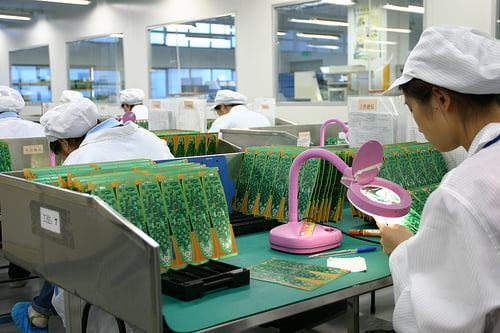
-
Indecent work and hidden supply chains Published on:
 Martje TheuwsPosted in category:Publication
Martje TheuwsPosted in category:Publication Martje Theuws
Martje Theuws
-
Corona chronicles Published on:
 Pauline OvereemPosted in category:Publication
Pauline OvereemPosted in category:Publication Pauline Overeem
Pauline Overeem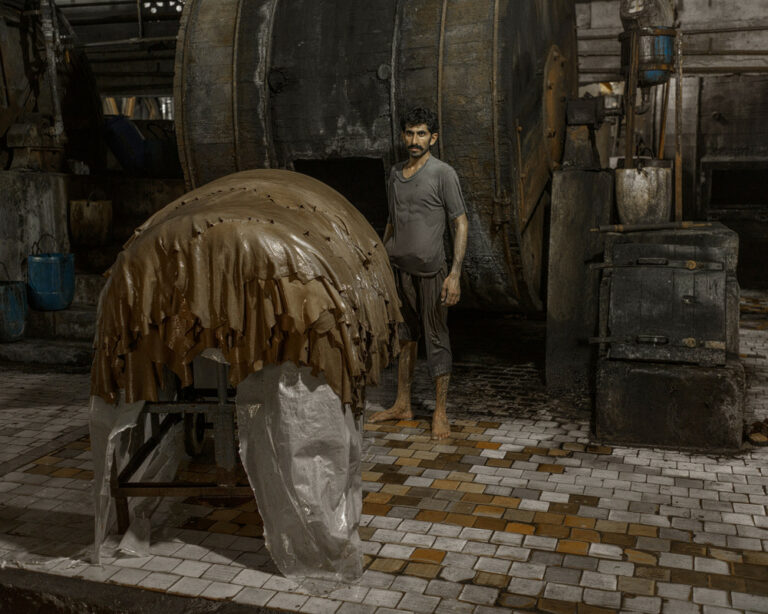
Access to supply chain trade information with EU customs
Civil society organisations, trade unions, journalists, and academics are crucial for uncovering injustices within global value chains. These ‘non-state actors’ also help to shape the laws and company policies that promote respect for human rights and the environment.
Thanks to civil society’s advocacy and campaigning efforts, international supply chains have become more transparent over time. Today, more companies are willing to share information about their supply chains – a trend that has seen substantial progress in recent years.
Unfortunately, the extent of public disclosure from companies regarding their business relationships – such as suppliers and corporate clients, and transactions – like the volume and origin of commodities they source or sell – is still limited. This hinders non-state actor interventions in making international trade and production more just and sustainable.
-
Indecent work (pdf, 1.44 MB)
In the US, civil society organisations use petitions with US Customs and Border Protection to identify and block imports of certain products, such as palm oil, cocoa, cotton, and disposable gloves produced using forced labour. However, within the EU, the world’s largest trading bloc, Member States’ customs agencies deny access to non-state actors for company-specific information. They consider this confidential under EU and Member State laws.
Currently, only two EU regulations(opens in new window)
address sustainability issues in supply chains — on conflict minerals and timber — but several others are in different stages of development. Their focus is on legislating the efforts and processes of companies to address problematic issues in their business relations or sectors of operation.
Human rights due diligence across supply chains
While the systems safeguarding and promoting the interests of multinational corporations are sturdy, the mechanisms enabling individuals to assert and safeguard their rights against detrimental corporate influences often remain frail. Our objective is to guarantee that corporations can be held accountable and legally responsible for unfavorable outcomes throughout their entire value chain.
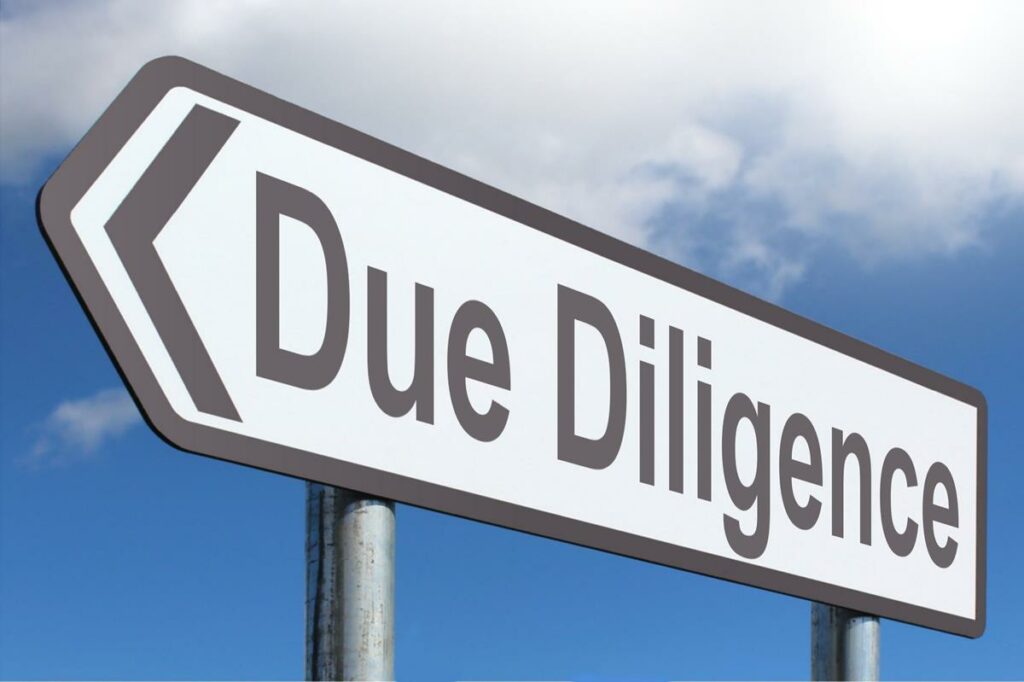
In the EU regulation on timber and conflict minerals, companies are required to be forthcoming about their efforts and processes to combat or prevent malpractices in their operations generally or, specifically, to authorities. However, there are no specific requirements for public communication on the details of their supply chains. This undermines their potential effectiveness because oversight and verification by non-state actors are hindered, as well as the use of alert and complaint mechanisms built into the laws.
Access to trade information with EU customs would make international supply chains more transparent. This facilitates stakeholder interventions with companies and authorities to make global value chains more respectful of human rights and the environment.
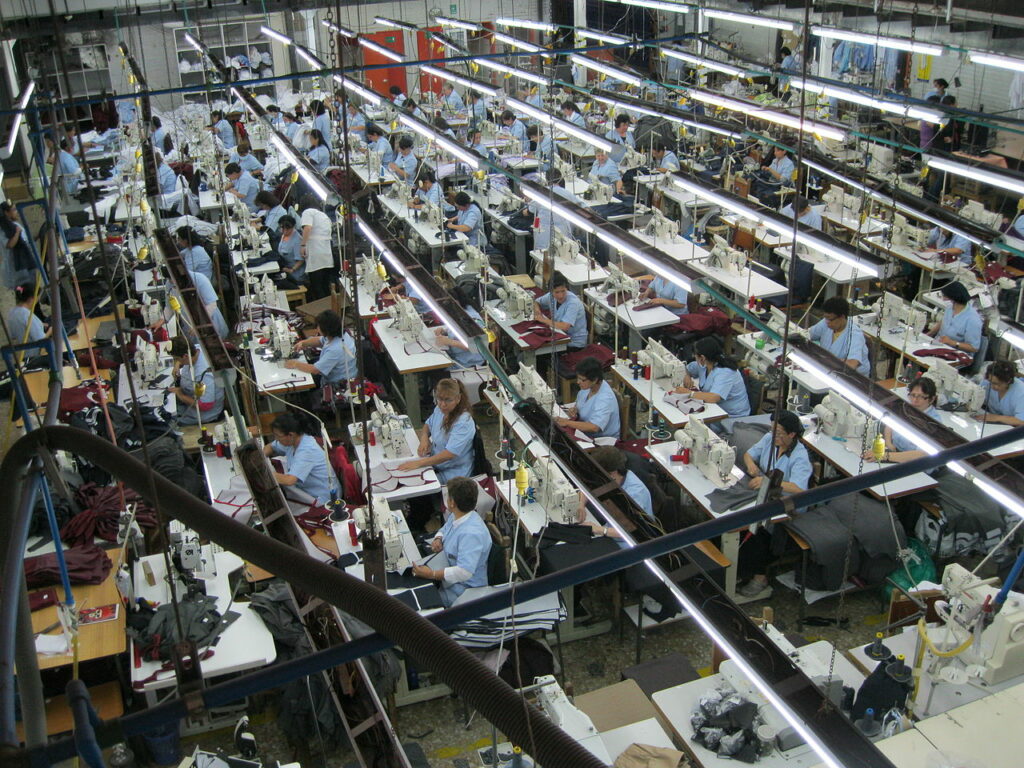
Supply chains European laws and regulations reforms
The Union Customs Code(opens in new window) (UCC) serves as the unified framework for customs rules and procedures within the EU. Its primary objective is to streamline the movement of goods across borders while safeguarding the EU’s and its Member States’ financial, economic, safety, and security interests.
At the EU level, there are no centralised customs authorities or databases. Instead, each Member State’s customs administration is responsible for implementing and enforcing the rules and procedures outlined in the UCC. These customs agencies play a vital role in levying taxes on goods that cross EU borders and preventing the illegal or unsafe trafficking of products such as drugs and weapons, thereby ensuring the integrity of the Common Market.
EU policymakers are considering expanding the traditional responsibilities of customs authorities to encompass tasks related to enforcing legislation on issues such as deforestation and human rights violations within supply chains. However, EU customs already encounter several challenges, including disparities in enforcement among Member States and a lack of capacity to handle the growing demands of e-commerce. The European Commission plans to reform the UCC in light of these obstacles.
In May 2023, a revised UCC was proposed, including establishing a new EU customs authority and an EU trade information hub. These institutions are intended to enhance coordination, information collection, and risk management through a more centralised approach.
Despite these proposals, the UCC’s potential to significantly contribute to fostering more just and sustainable EU supply chains through supply chain transparency still needs to be addressed in the current proposal. We are calling for changes in the UCC to address the central problem that trade information with customs is considered confidential and, therefore, non-state access is refused. The quality of supply chain information with customs also needs to improve.
Do you need more information?
-

Sanne van der Wal
Senior Researcher
Latest updates
-
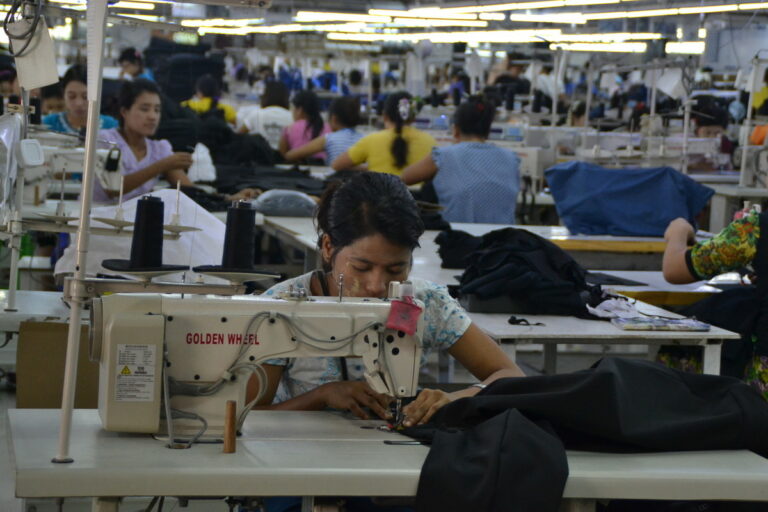 Interim decision on complaint against C&A leaves much to be desiredPosted in category:NewsPublished on:
Interim decision on complaint against C&A leaves much to be desiredPosted in category:NewsPublished on: -
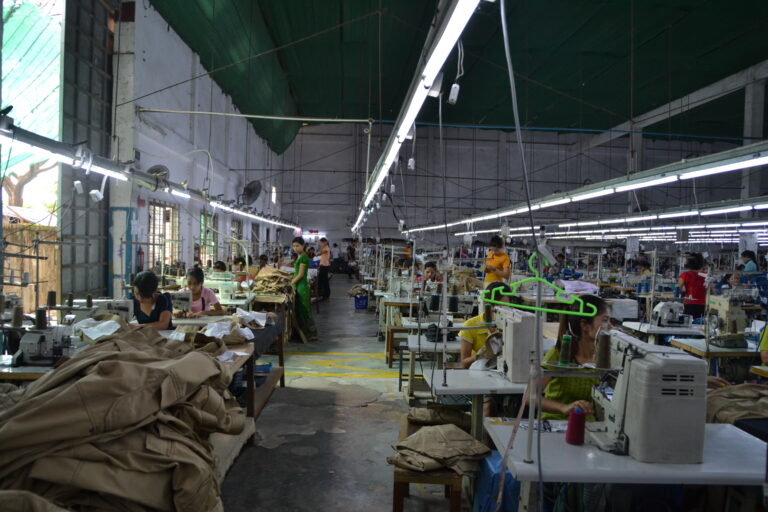 Corporate accountability legislation risks missing the mark in Dutch garment sectorPosted in category:NewsPublished on:
Corporate accountability legislation risks missing the mark in Dutch garment sectorPosted in category:NewsPublished on: -
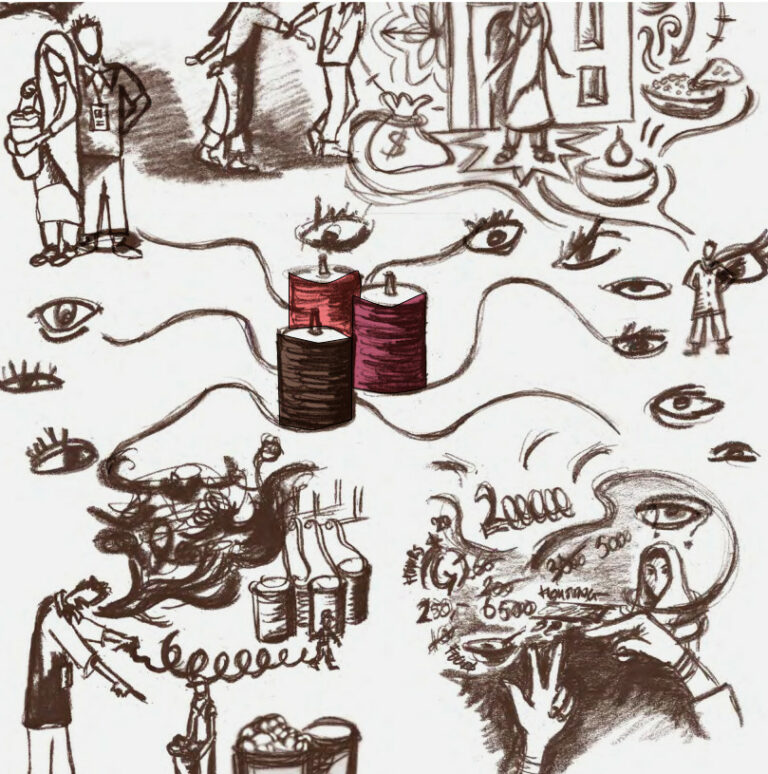 International companies linked to forced labour in Indian spinning millsPosted in category:NewsPublished on:
International companies linked to forced labour in Indian spinning millsPosted in category:NewsPublished on:
Related Topics
Discover more of SOMO’s work and publications.

